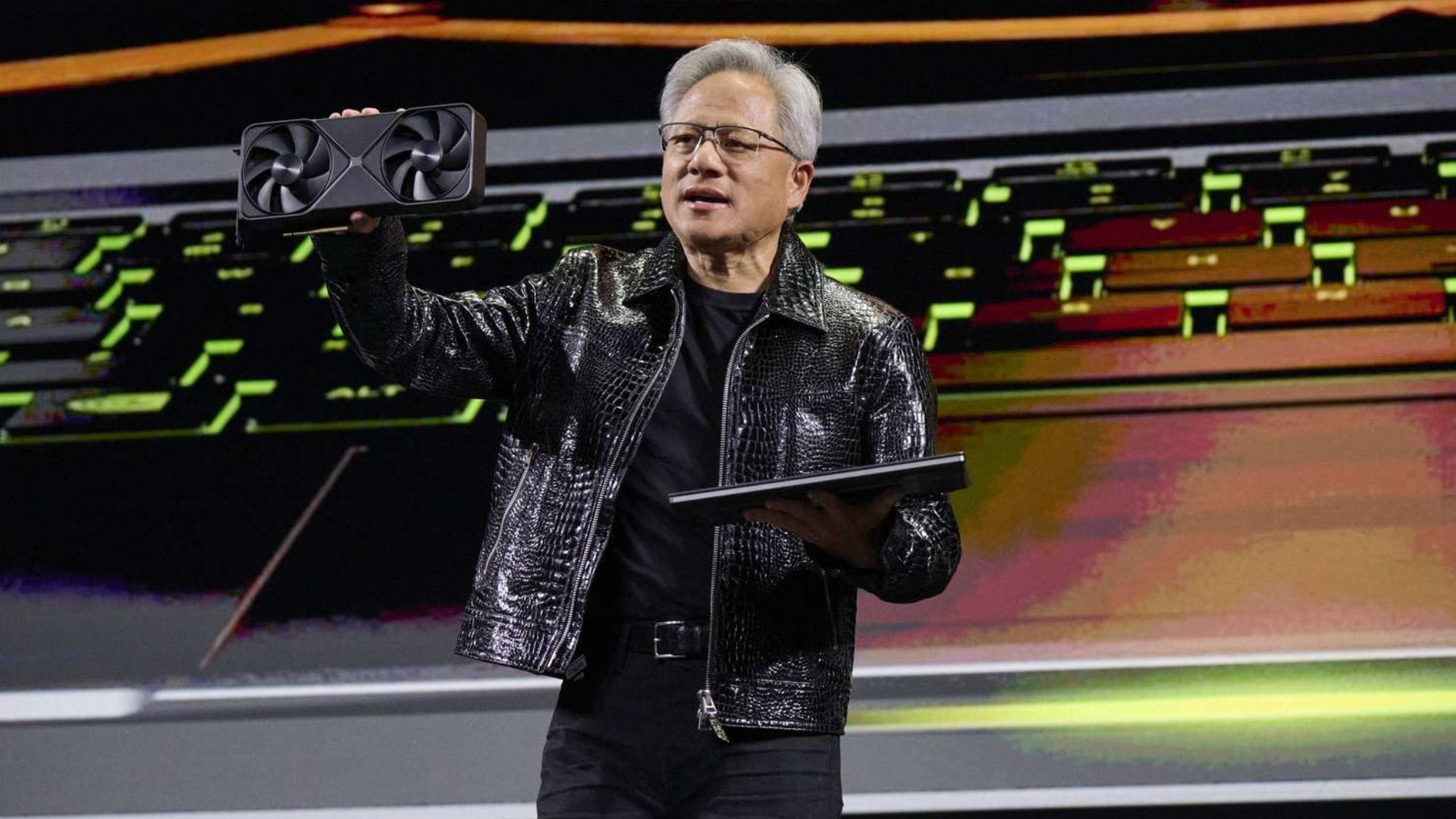How to stream Nvidia GTC 2025 and catch Jensen Huang’s keynote
Nvidia GTC 2025 kicks off this week. Watch CEO Jensen Huang’s keynote and explore AI, robotics, and GPU updates live online.

The highly anticipated Nvidia GTC 2025 is set to kick off this week, bringing the latest advancements in artificial intelligence, robotics, and computing. If you can’t attend in person, don’t worry—you’ll still be able to catch all the major updates online.
Table Of Content
When and where to watch the keynote
Nvidia’s biggest event of the year begins on Monday, with several key presentations, panels, and workshops lined up throughout the week. However, the most anticipated moment will be Tuesday when CEO Jensen Huang delivers his keynote speech from the SAP Center.
Huang is scheduled to take the stage at 10 a.m. PT on Tuesday, and you can watch it live on Nvidia’s website (Nvidia.com) without needing to register. If you prefer, you can also stream it on Nvidia’s official YouTube channel.
What to expect from GTC 2025
Nvidia’s GTC is known for unveiling groundbreaking technology; this year is expected to be no different. Huang will likely introduce Nvidia’s next-generation flagship GPU series, Blackwell Ultra, which is set to push the boundaries of graphics processing. Additionally, details on the upcoming Rubin chip architecture are expected to be revealed, offering insights into the future of high-performance computing.
Beyond hardware, Nvidia is set to focus heavily on AI advancements. The event will likely showcase the latest artificial intelligence, machine learning, and data processing developments. Expect major updates in areas like autonomous vehicles, robotics, and AI-driven software solutions.
How to access GTC 2025 sessions online
Even if you can’t attend in person, Nvidia has made it easy to stay connected. Nvidia.com will feature a catalogue of virtual and on-demand sessions covering various topics. You’ll find workshops on optimising large language models, discussions on generative AI in banking, and live demonstrations of datasets tailored for specialised fields like biology.
With so much to cover, GTC 2025 is shaping into an event full of groundbreaking announcements that will influence the future of AI and computing. Whether you’re a developer, researcher, or tech enthusiast, tune in and stay updated.
















